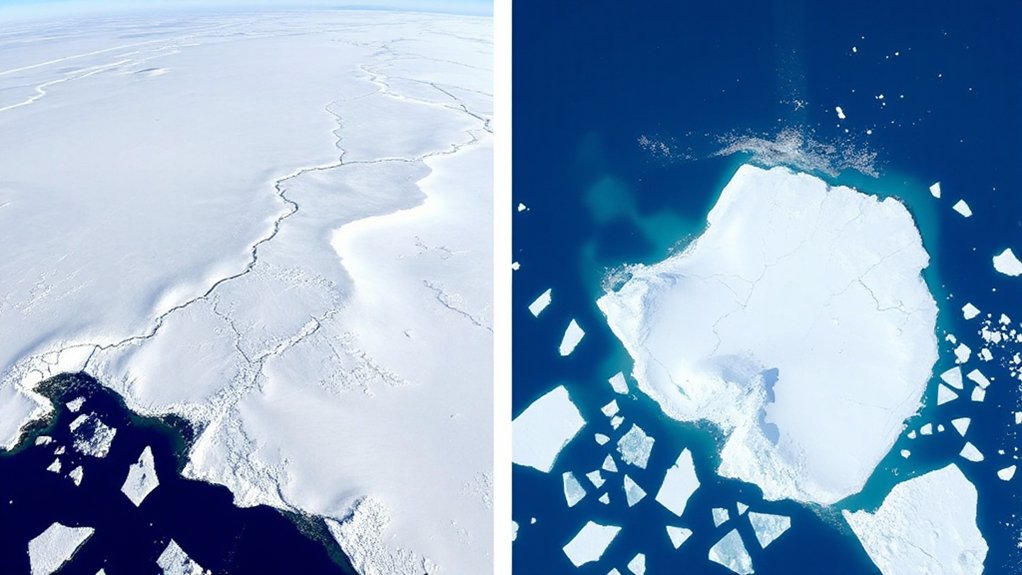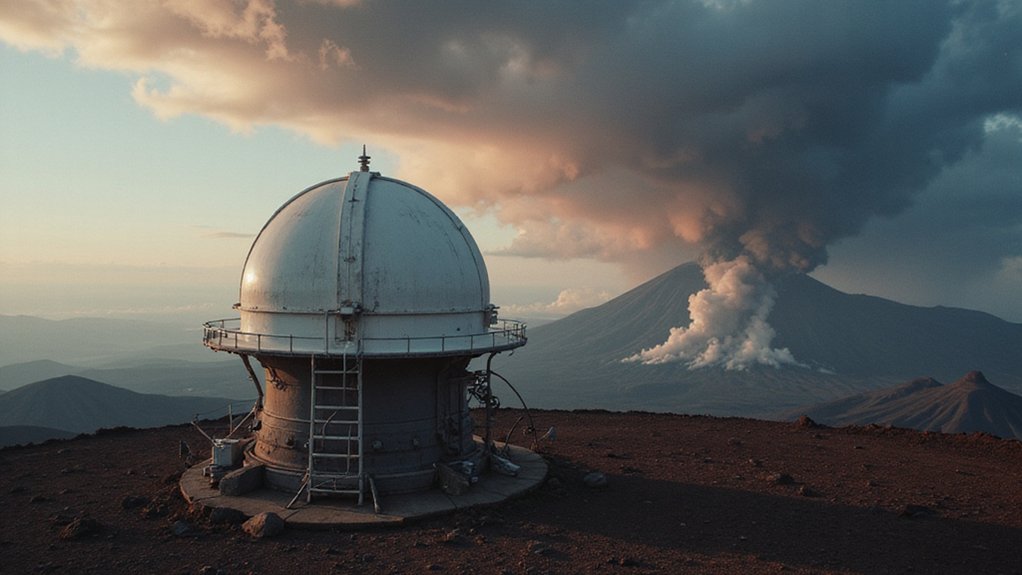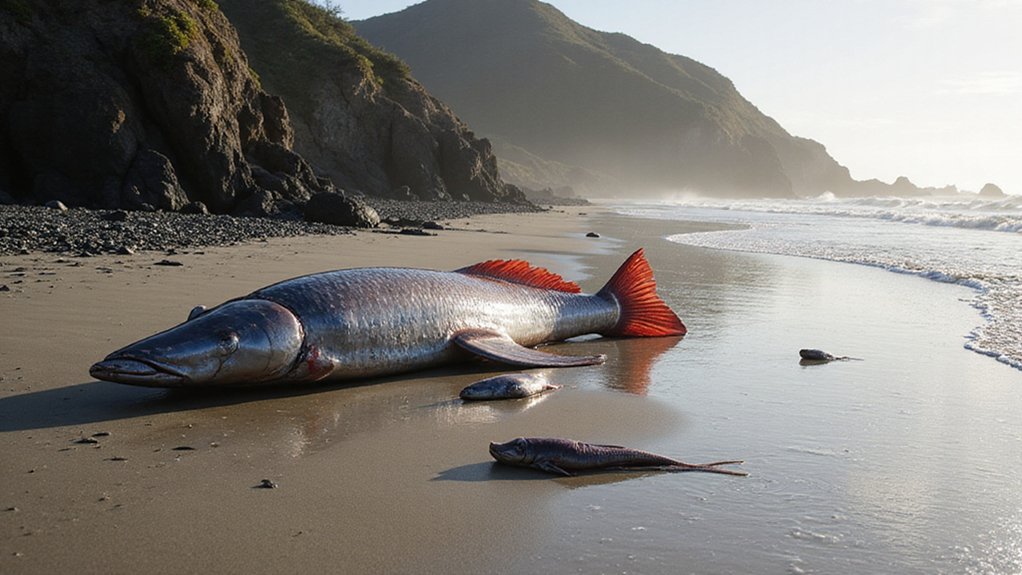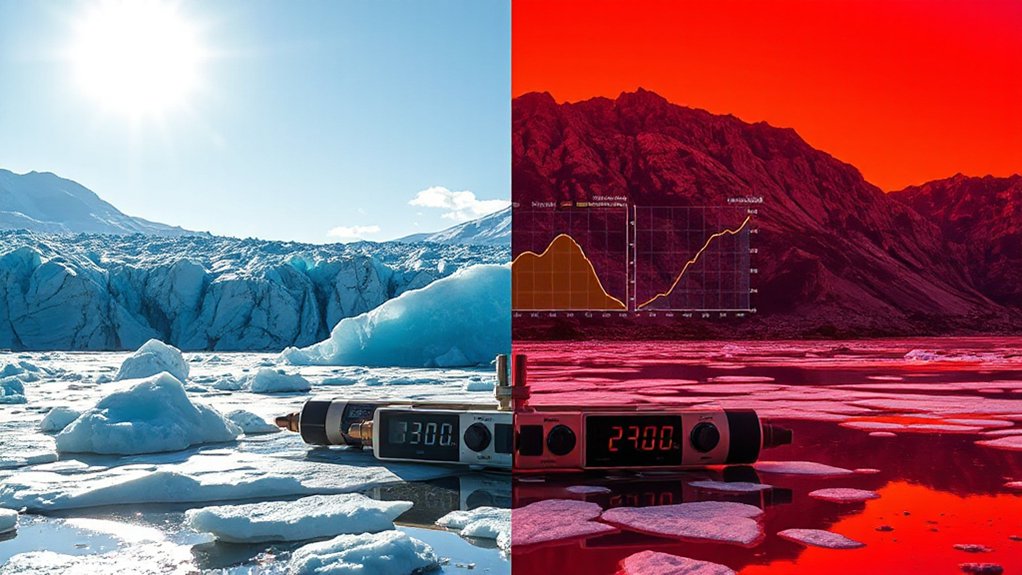While public discourse on climate change often resembles a heated argument between opposing sides, the scientific community has largely moved beyond debate. The numbers don’t lie. Over 99% of climate experts agree that humans are causing climate change. That’s not a slim majority—it’s practically unanimous.
Look at the evidence. A 2021 survey found 98.7% of Earth scientists agree humans are the main driver. Among the most published climate scientists? That number jumps to 100%. Yes, every single one. When researchers analyzed 3,000 climate studies, only four papers—literally just four—expressed skepticism about human causation. The debate isn’t 50/50. It’s 99.85% to 0.15%.
The numbers speak for themselves: 98.7% of Earth scientists, 100% of leading experts, and 3,000 studies all point to human-caused climate change.
NASA, the IPCC, and virtually every major scientific organization worldwide have confirmed it. Climate change is happening faster than at any point in modern civilization. The planet has warmed about 1°C since the late 19th century, mostly in the past 40 years. Our oceans are heating up. Ice sheets are melting. And the warming rate? About ten times faster than natural post-ice age warming. The transition is evident as renewables reached a historic milestone in March 2025, providing 50.8% of U.S. electricity for the first time in history.
So why does public debate persist? Let’s be real. Misinformation campaigns haven’t helped. Neither has the politicization of what should be a straightforward scientific issue. A significant factor is the public’s underestimation of consensus among scientists, creating a perception gap between scientific reality and public understanding.
Scientists do still debate some aspects of climate change—like exactly how fast certain impacts will hit or which regions will suffer most. They argue about specific thresholds and tipping points. But they don’t debate whether humans are causing it. That ship has sailed.
The IPCC’s Sixth Assessment Report states it plainly: human influence on climate is “unequivocal.” Not probable. Not likely. Unequivocal. What was once theoretical has evolved into established fact.
Meanwhile, we keep talking instead of acting. The clock ticks. Temperatures rise. And the scientific consensus grows even stronger. The evidence is in. The verdict is clear. The only real debate left is what we’re going to do about it.
Data from NASA’s Goddard Institute for Space Studies confirms that 2023 was the warmest year recorded since global temperature tracking began in 1880.
References
- https://en.wikipedia.org/wiki/Scientific_consensus_on_climate_change
- https://science.nasa.gov/climate-change/scientific-consensus/
- https://www.exploringtheproblemspace.com/new-blog/2025/7/7/what-is-the-current-consensus-on-climate-change
- https://www.tandfonline.com/doi/full/10.1080/00139157.2025.2434494
- https://science.nasa.gov/climate-change/evidence/
- https://www.ipcc.ch/sr15/
- https://www.nationalacademies.org/news/2025/08/national-academies-launch-fast-track-review-of-latest-evidence-for-whether-greenhouse-gas-emissions-endanger-public-health-and-welfare
- https://www.nationalacademies.org/news/2025/09/national-academies-publish-new-report-reviewing-evidence-for-greenhouse-gas-emissions-and-u-s-climate-health-and-welfare
- https://www.un.org/en/climatechange/reports









